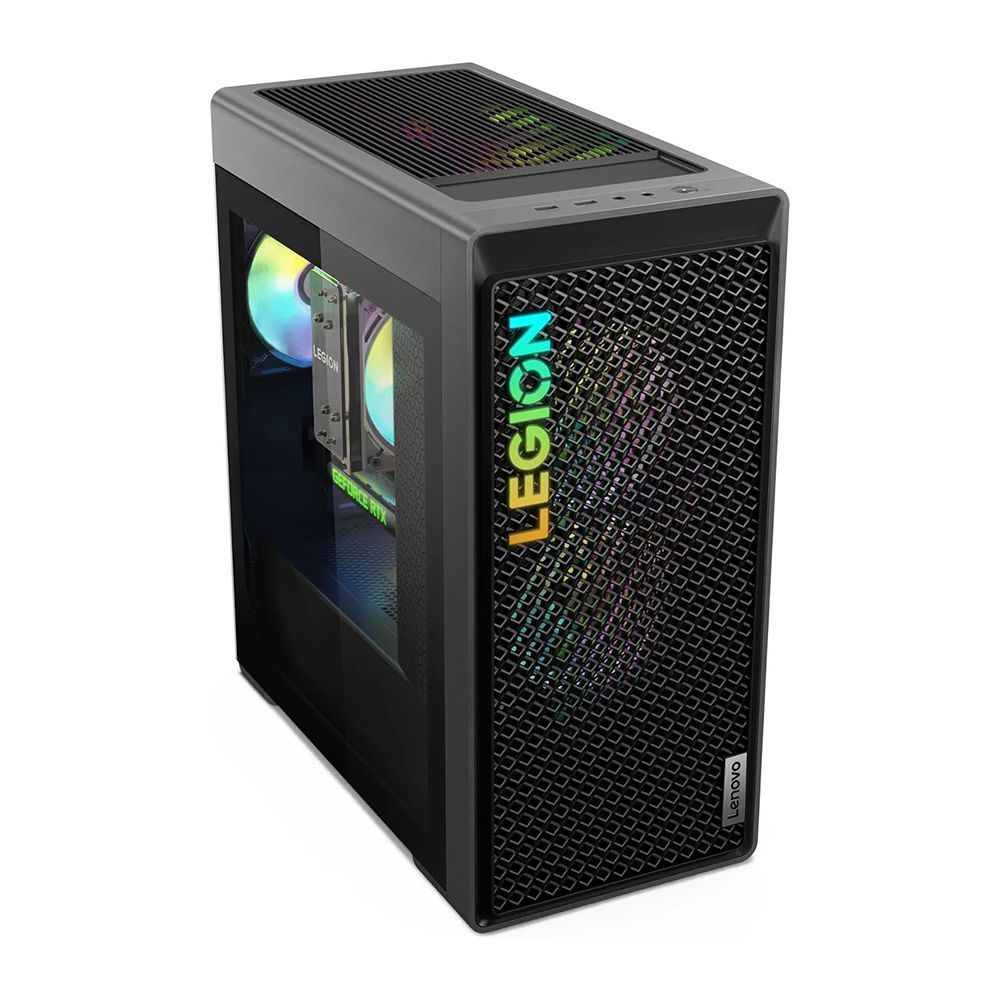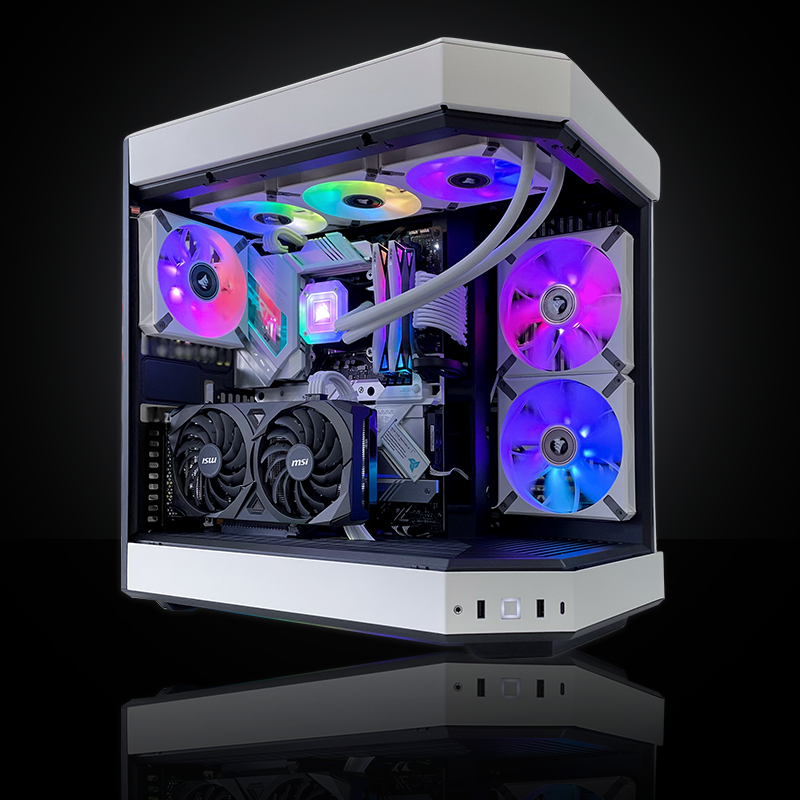A gaming PC without a graphics card is typically one of the most critical components of a gaming PC in 2024. It is responsible for rendering images, animations, and videos to the monitor. However, the recent surge in graphics card prices has left many gamers searching for alternatives. Building a gaming PC without a dedicated graphics card might seem unimaginable, but advances in integrated graphics technology have made this a viable option for casual gaming. This article will guide you through the approach of constructing a gaming machine without the traditional GPU, focusing on selecting the right components, setting performance expectations, optimizing in-game settings, and considering future upgrades.
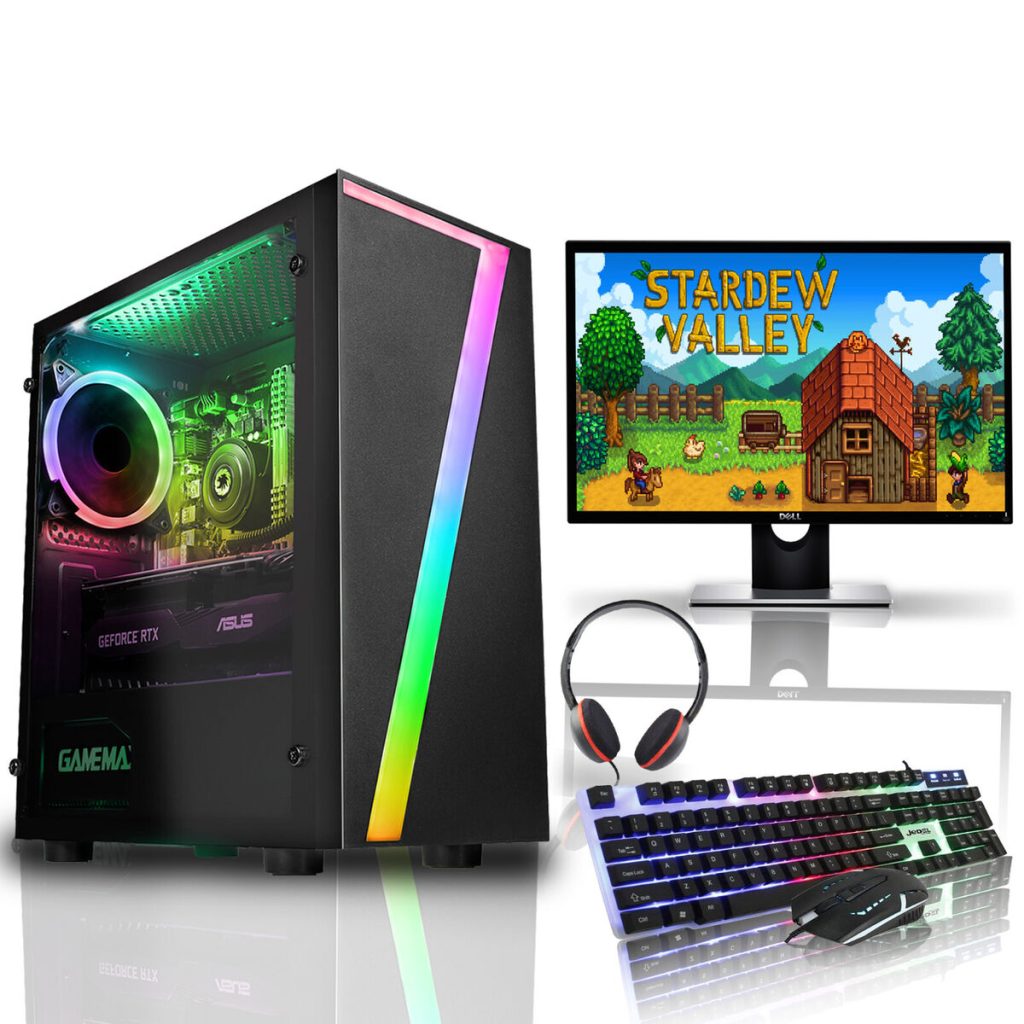
Selecting the Right CPU with Integrated Graphics
Understanding Processor Graphics
Modern CPUs often come with integrated graphics processing units (iGPUs), which is basically a GPU built into the processor chip. When building a PC without a dedicated graphics card, the choice of CPU becomes even more critical. For gaming purposes, AMD’s Ryzen APUs or Intel’s Core Processors with Iris Xe or Intel UHD Graphics are popular choices. These processors offer decent integrated graphics capabilities, capable of handling less graphically-intensive games at lower resolutions and settings.
AMD vs. Intel for Integrated Graphics
AMD’s Ryzen APUs, such as the Ryzen 5 3400G or newer, come with Radeon Vega graphics and are known for their strong performance in gaming without the need for a separate GPU. On the other hand, Intel has stepped up its game with the Iris Xe graphics found in some of its 11th generation processors. When choosing between AMD and Intel, consider both the CPU’s processing power and the performance of its integrated graphics to ensure that it meets your gaming needs.
Setting Performance Expectations
Realistic Gaming at Acceptable Frame Rates
Building a PC without a dedicated GPU means that you’ll need to adjust your performance expectations. You won’t be playing the latest AAA titles in 4K resolution or with high frame rates. Instead, you should aim for a smooth gaming experience at 1080p or 720p on less demanding games or on older titles. Many eSports games like ‘League of Legends’, ‘DOTA 2’, or ‘Counter-Strike: Global Offensive’ are well-optimized and can run comfortably on systems with integrated graphics.
The Impact of RAM on iGPU Performance
It’s essential to understand the role of RAM when using an iGPU since it shares system memory rather than having dedicated memory like a discrete GPU. To get the most out of your iGPU, prioritize fast and ample RAM. Dual-channel configurations (using two sticks of RAM rather than one) can also provide a notable performance boost because they increase memory bandwidth, which is often a bottleneck for integrated graphics performance.
Optimizing In-Game Settings and System Tweaks
Fine-Tuning Games for the iGPU
To improve gaming performance on a system without a dedicated GPU, fine-tune the in-game graphical settings. Lowering the resolution, texture quality, shadows, and effects can significantly boost frame rates. Some games also offer an “auto-detect” feature that adjusts settings for optimal performance based on your hardware. Remember, the objective is to find the sweet spot between visual quality and smooth gameplay.
Enhancements Outside of Games
Outside of tweaking game settings, there are a few system-level adjustments you can make to eke out more performance from your iGPU. Updating to the latest graphics drivers is a must since they often include performance improvements and bug fixes. Adjusting the power plan in Windows to ‘High Performance’ can also help by ensuring your CPU and iGPU operate at peak efficiency. Additionally, allocating more RAM to the iGPU in the BIOS can boost its capabilities, though it does reduce the amount of system memory available for other tasks.
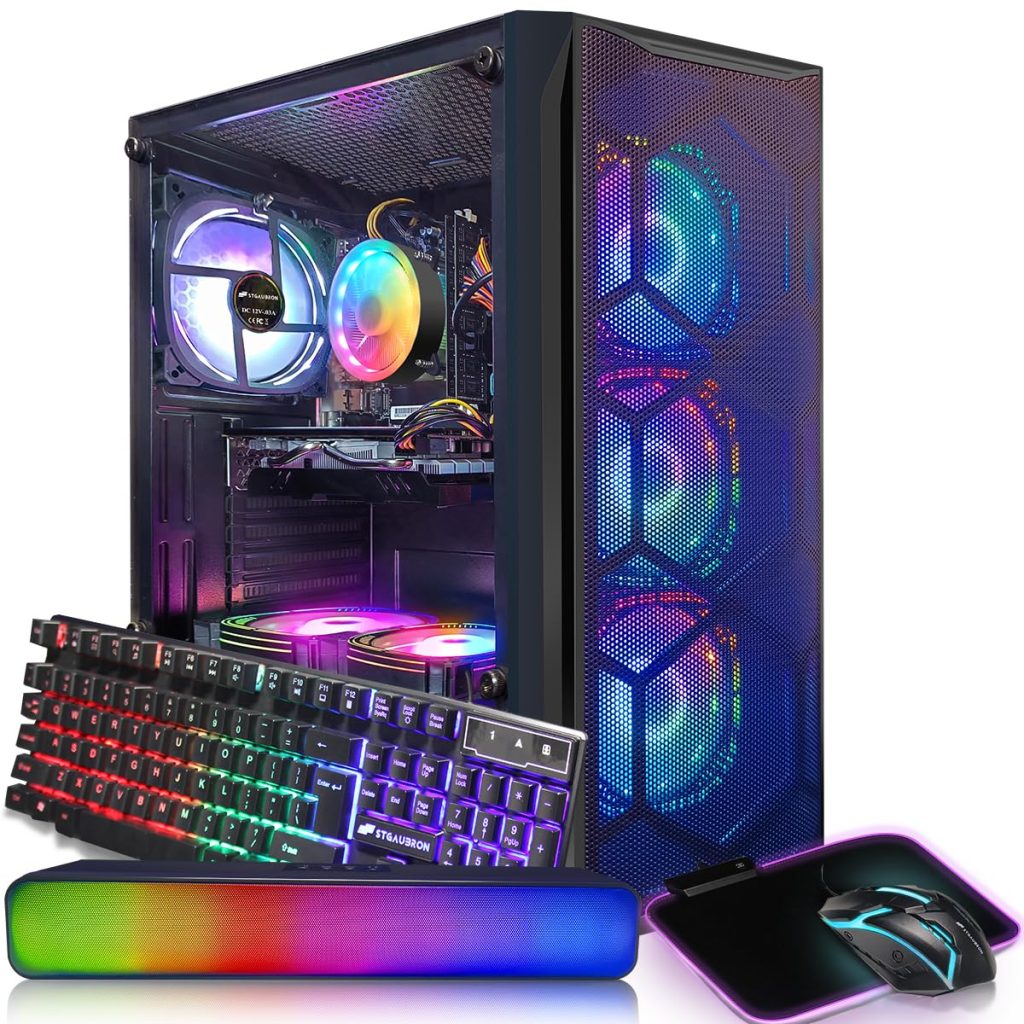
Future-Proofing with Upgrade Paths
Planning for a Discrete GPU Addition
Building a gaming PC without a graphics card should not limit future upgradeability. When selecting your components, especially the motherboard and power supply, consider your future needs. Choose a motherboard with a PCIe x16 slot for potential GPU expansion, and ensure your power supply unit (PSU) has enough wattage and the right connectors to support a dedicated graphics card down the line when prices stabilize or you decide to further invest in your gaming setup.
Considering Other Upgrades and Cost Savings
Besides planning for a future discrete GPU, there are other upgrades you can prepare for. An SSD over a traditional HDD for your primary storage can improve system and game loading times significantly. Additionally, even though you’re saving by not purchasing a GPU initially, don’t skimp on core components such as the CPU and motherboard as these will be the backbone of your system. By saving on the GPU for now, you can allocate a higher budget to these essential parts, making future upgrades simpler and more cost-effective.
Embracing Cloud Gaming as an Alternative
Leveraging Cloud Gaming Services
For gamers building a PC without a dedicated graphics card, cloud gaming services like NVIDIA GeForce NOW, Xbox Game Pass Ultimate, or Google Stadia present an attractive alternative. These platforms stream games directly to your device, offloading the graphics processing to remote servers. This means you can experience high-end gaming on hardware that wouldn’t typically handle such games. While you’ll need a stable and fast internet connection, cloud gaming can be a cost-effective way to enjoy the latest games without investing in a high-end GPU.
The Hybrid Approach to Gaming
By combining a pc without graphics card with cloud gaming services, you create a flexible gaming setup. For less demanding games or older titles, your system’s integrated graphics can provide an adequate experience. When the craving for AAA titles or more graphically intensive games arises, cloud gaming services can fill the gap without the need for hardware upgrades. This hybrid approach ensures you get the best of both worlds, balancing cost and performance effectively.
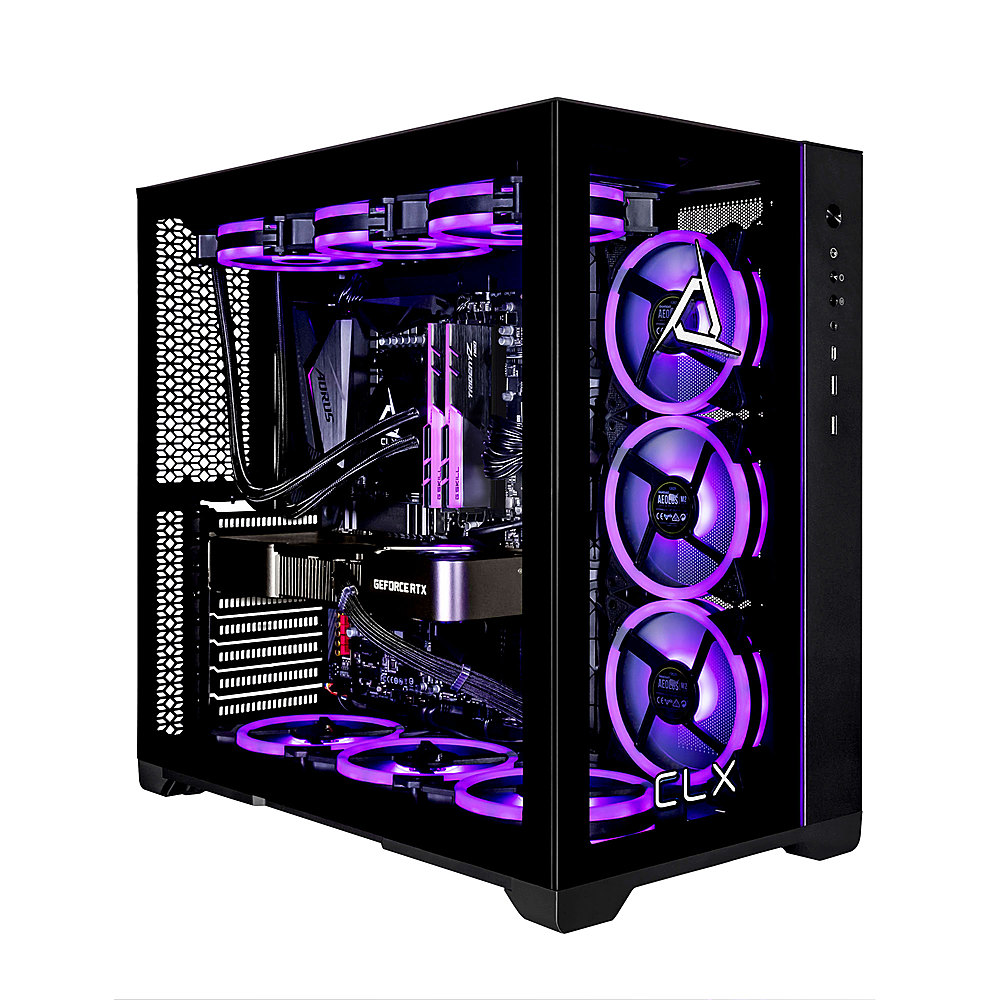
The Community and Resource Factor
Engaging With Online Communities
Building and optimizing a gaming PC without a dedicated graphics card in pc can involve a learning curve, but you’re not alone in the endeavor. Online forums and communities are brimming with enthusiasts who have navigated the same path. Platforms like Reddit, PCPartPicker, and various gaming forums offer a treasure trove of information, from recommended builds and performance tweaking to advice on making the most of integrated graphics. Engaging with these communities can provide valuable insights, helping you optimize your build for the best possible gaming experience.
Tapping Into Free Resources
The internet also offers an abundance of free resources that can guide and enhance your gaming setup. From software tools that help optimize system performance to video tutorials on fine-tuning in-game settings for integrated graphics, leveraging these resources can significantly improve your gaming experience. Recognizing and utilizing these free assets allows for a richer and more informed approach to building and enjoying your gaming PC, even without a dedicated graphics card.
The role of Graphics Card in PC
Graphics cards, also known as video cards or GPUs (Graphics Processing Units), play a crucial role in modern PCs. They are responsible for rendering and displaying images, videos, and animations on computer monitors. Beyond the visual aspects, graphics cards significantly impact the overall performance, gaming capabilities, and multimedia processing of a PC.
Processing Power:
Graphics cards contribute a significant amount of processing power to a PC system. They possess specialized circuits and parallel processing capabilities that accelerate graphics-related calculations. By offloading graphics processing from the CPU, graphics cards free up computational resources, allowing the CPU to focus on other tasks, resulting in improved overall system performance.
Gaming Performance:
Graphics cards are crucial for gaming enthusiasts as they greatly impact gaming performance. GPUs are specially designed to handle complex calculations required for rendering lifelike graphics in real-time. Higher-end graphics cards offer more powerful GPUs, allowing for smoother gameplay, higher frame rates, realistic lighting, advanced effects, and superior graphical details. The ability of a graphics card to handle heavy gaming workloads directly influences the quality and smoothness of the gaming experience.
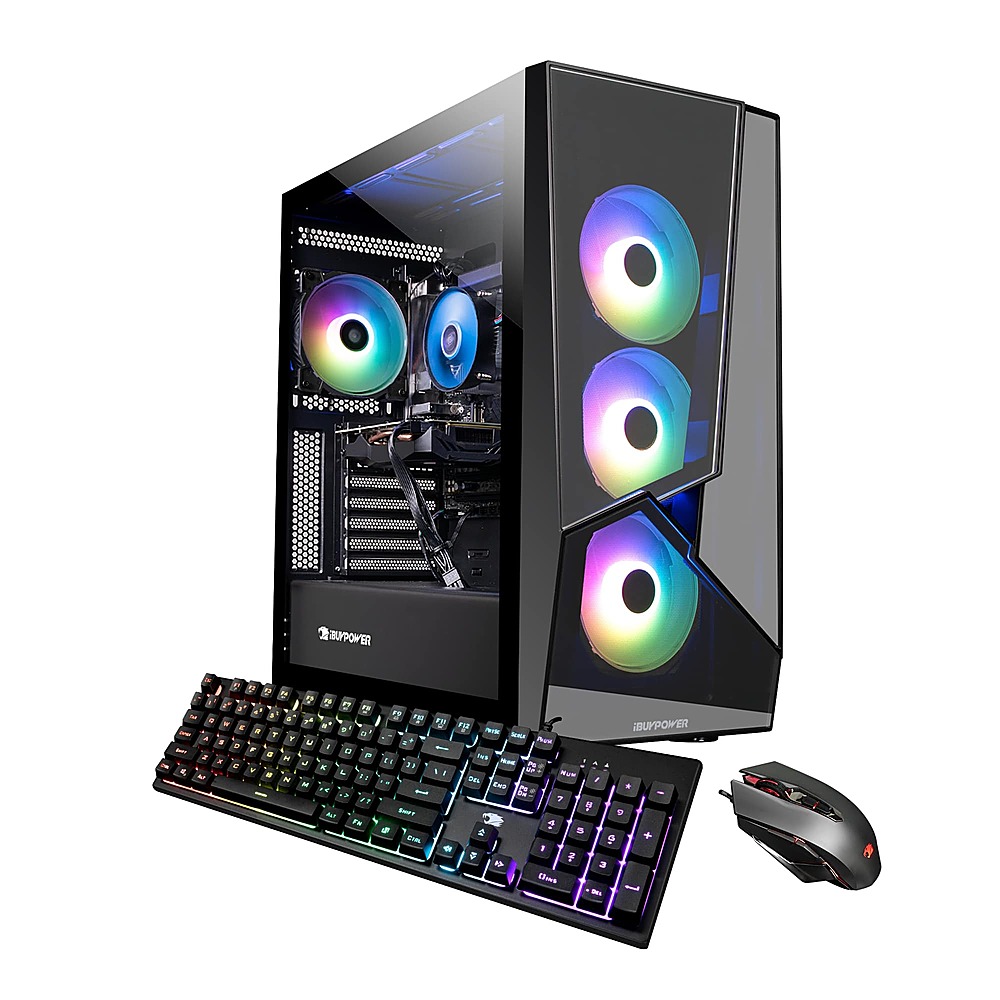
Multimedia Processing:
Graphics cards are valuable for multimedia creators and professionals working with graphics-intensive applications such as video editing, 3D modeling, and graphic design. They provide the necessary processing power to handle computationally demanding tasks like real-time rendering, advanced effects, and complex visualizations. Graphics cards can significantly accelerate multimedia processing, resulting in faster rendering times, smoother previews, and improved productivity.
Video Editing:
Graphics cards contribute significantly to video editing workflows. Video editing software often utilizes GPU acceleration to carry out rendering, effects, motion tracking, and color correction in real-time. Having a powerful graphics card ensures smoother and more efficient video editing processes, reducing rendering times and allowing for faster workflow iterations. The GPU’s involvement in video editing ultimately translates to enhanced productivity and a better editing experience.
In conclusion
While the absence of a dedicated GPU may seem like a significant limitation, technological advancements and creative strategies allow for a satisfying gaming experience. Whether it’s selecting the right components, adjusting settings, planning for future upgrades, leveraging cloud gaming, or tapping into the rich online community and resources, numerous avenues exist to build a capable gaming PC on a budget. This approach not only fosters a deeper understanding of PC hardware and gaming optimization but also highlights the evolving landscape of gaming, where flexibility and innovation continue to break down barriers.
